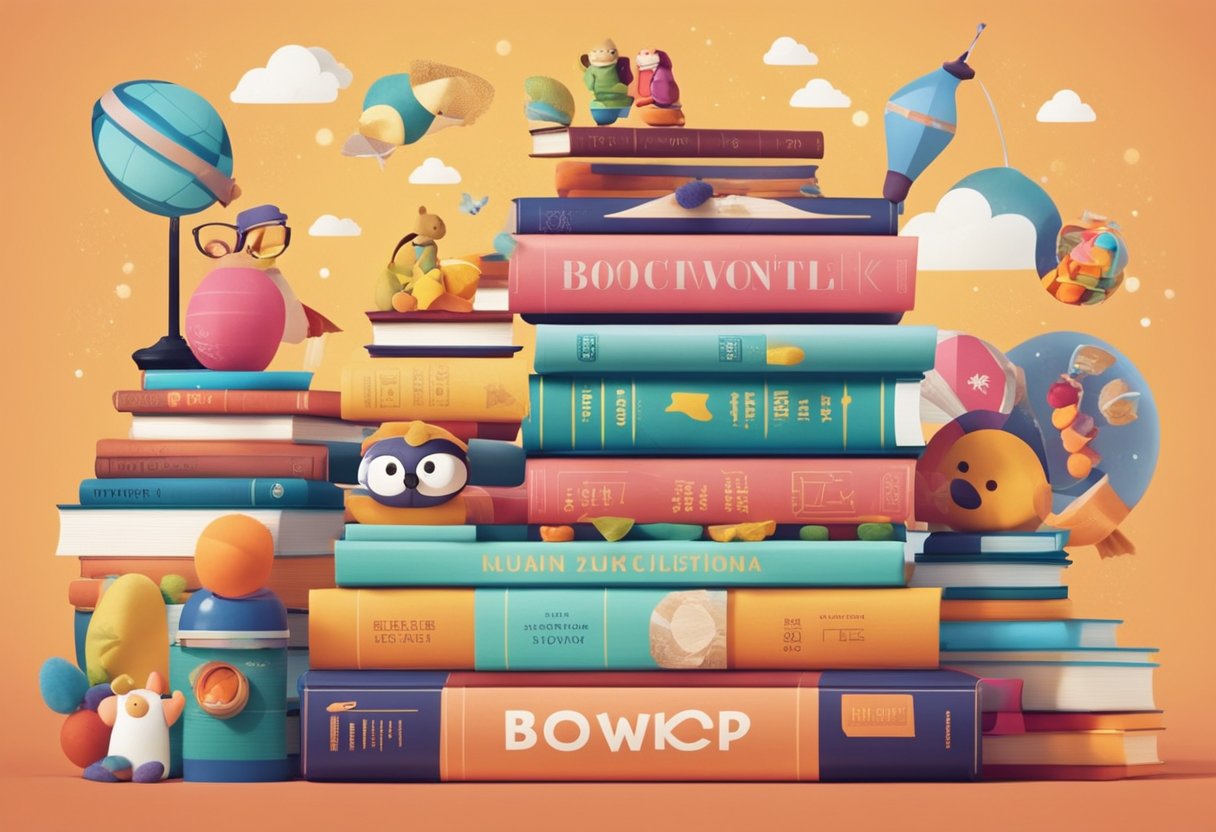Audio books are a great way to introduce young children to the world of literature. For kindergarteners who are just beginning to read, kindergarten audio books can help them develop their listening skills, improve their vocabulary, and spark their imagination. However, with so many audio books available, it can be difficult to know which ones are the best for this age group.
When choosing audio books for kindergarten-aged children, it’s important to consider the content, narration, and overall quality of the recording. The best audio books for this age group are those that are engaging and entertaining, while also being educational and age-appropriate. They should have clear narration that is easy to understand, and they should feature stories and characters that are relatable to young children. Additionally, the audio quality should be high, with no distracting background noise or static.
In this article, we will explore some of the best audio books for kindergarten-aged children. From classic tales to modern favourites, these audio books are sure to capture the attention of young listeners and inspire a love of reading. Whether you’re looking for an entertaining story to listen to on a long car ride or a way to wind down before bedtime, these audio books are a great choice for parents, teachers, and caregivers alike.
Top Genres for Kindergarten Audio Books
When it comes to choosing audio books for kindergarten kids, the selection can be overwhelming. However, certain genres are particularly well-suited for this age group. Here are some of the top genres for kindergarten audio books:
Fairy Tales and Classics
Fairy tales and classic stories are a great way to introduce young children to literature. These stories often have simple plots and engaging characters that can capture a child’s imagination. Classics like “The Three Little Pigs,” “Goldilocks and the Three Bears,” and “Little Red Riding Hood” are timeless tales that have been enjoyed by generations of children.
Learning Basics and Alphabet
Learning the basics of reading and writing is an important part of a child’s education. Audio books that focus on the alphabet, numbers, and other basic concepts can help children develop these skills. These books often use fun and engaging techniques to teach children, such as songs and rhymes.
Animal Adventures
Many children love animals, and audio books that feature animal adventures can be a great way to capture their interest. These stories often teach important lessons about friendship, loyalty, and bravery. Some popular animal adventure stories for kindergarteners include “Curious George,” “The Berenstain Bears,” and “Clifford the Big Red Dog.”
You can also explore our collection Akili and Me Podcasts which are suitable for kindergarten kids and feature fairy tales and learning basics.
In conclusion, choosing the right audio books for kindergarten children can be a challenge, but by focusing on these top genres, parents and educators can find engaging and educational stories that will capture children’s imaginations and help them develop important skills.
Selecting the Right Audio Books
When it comes to choosing the right audio books for kindergarten children, there are a few factors to consider. Here are some things to keep in mind when selecting audio books for young children.
Narration Quality
The quality of narration is an important factor to consider when selecting audio books for kindergarten children. Look for books that are read by professional narrators with clear and expressive voices. The narrator should be able to capture the attention of young listeners and keep them engaged throughout the story.
Age-Appropriate Content
It’s important to choose audio books with age-appropriate content for kindergarten children. Look for books that are written specifically for this age group, with simple language and themes that are easy for young children to understand. Avoid books with complex plots or themes that may be too advanced for young listeners.
Interactive Elements
Interactive elements can enhance the listening experience for young children. Look for audio books that include sound effects, music, and other interactive elements that can help bring the story to life. Interactive elements can also help keep young children engaged and interested in the story.
By keeping these factors in mind, parents and educators can select the right audio books for kindergarten children that are both engaging and educational.


